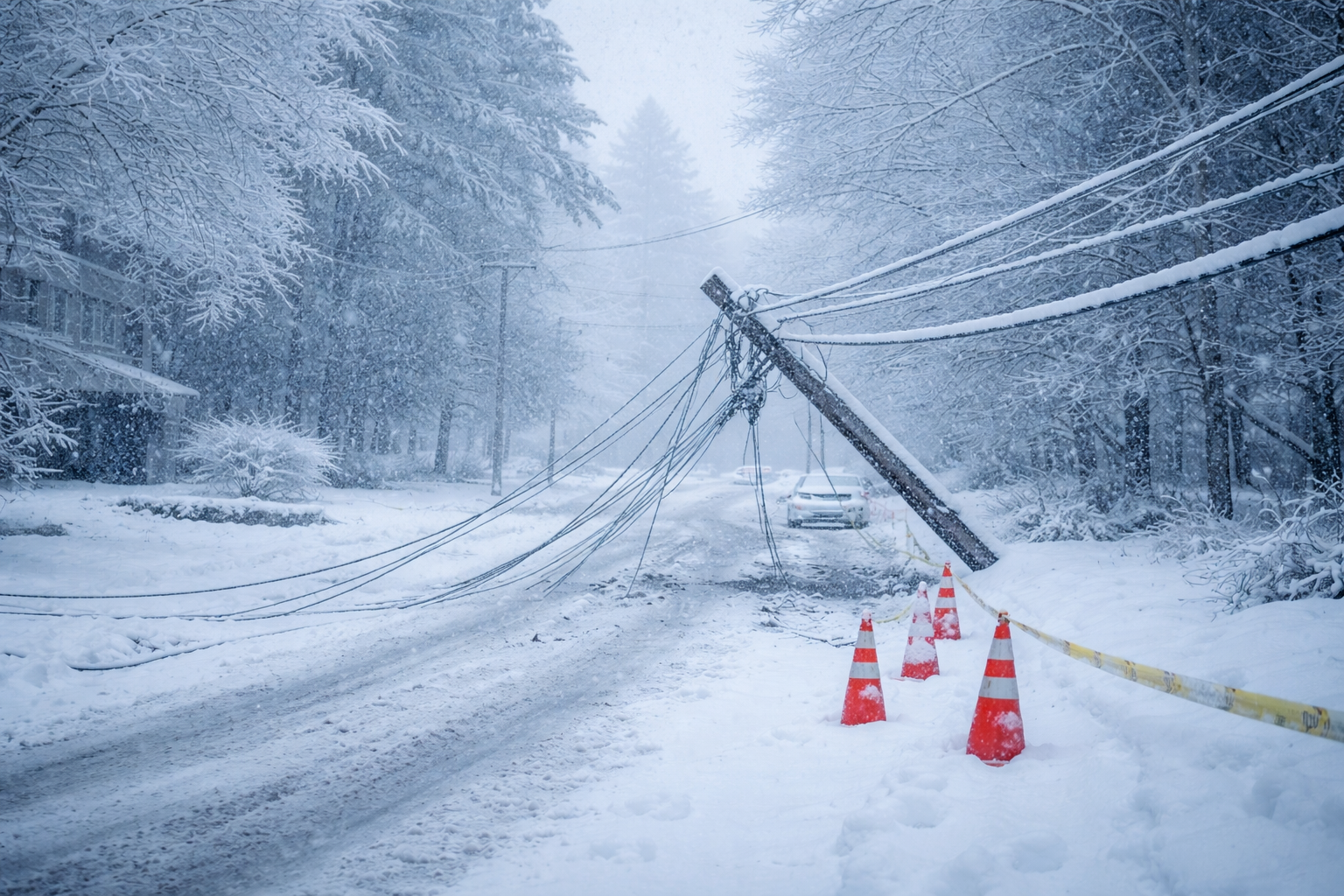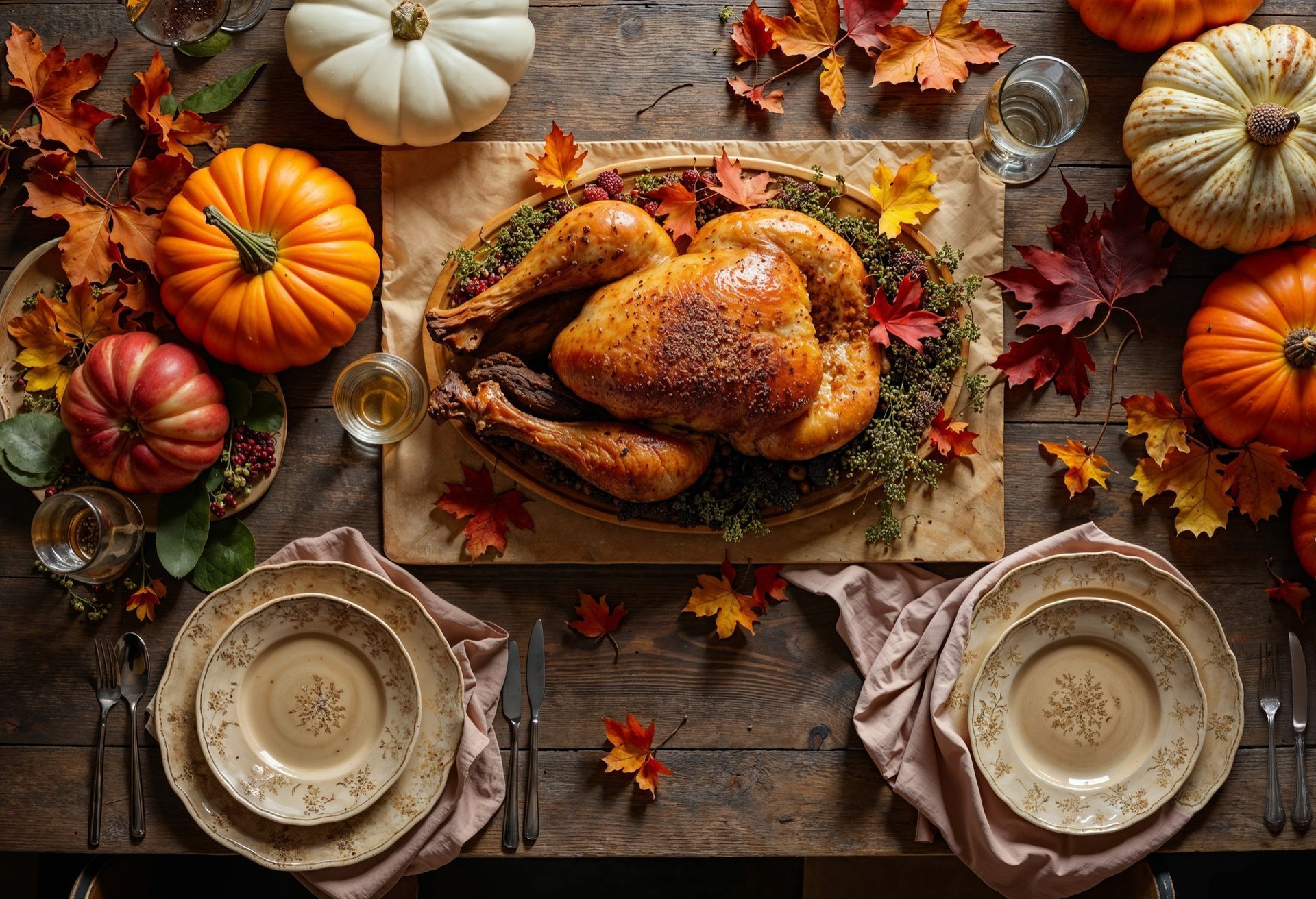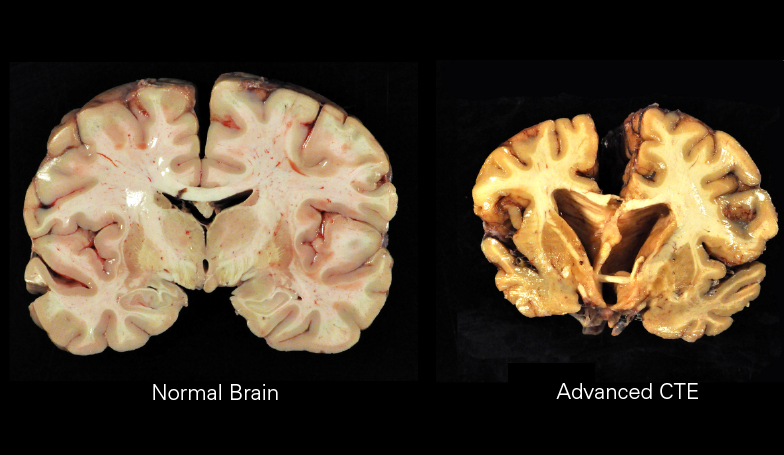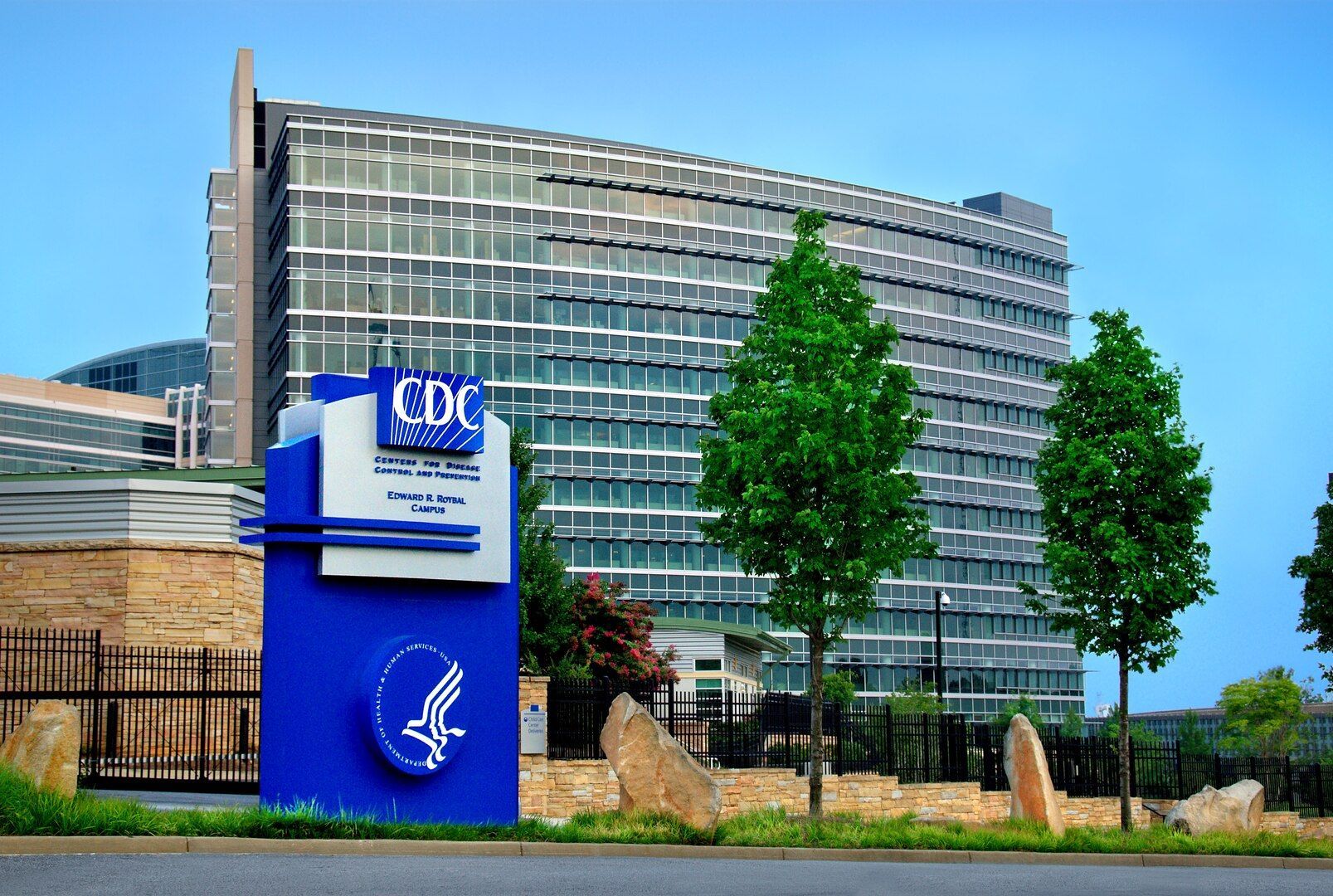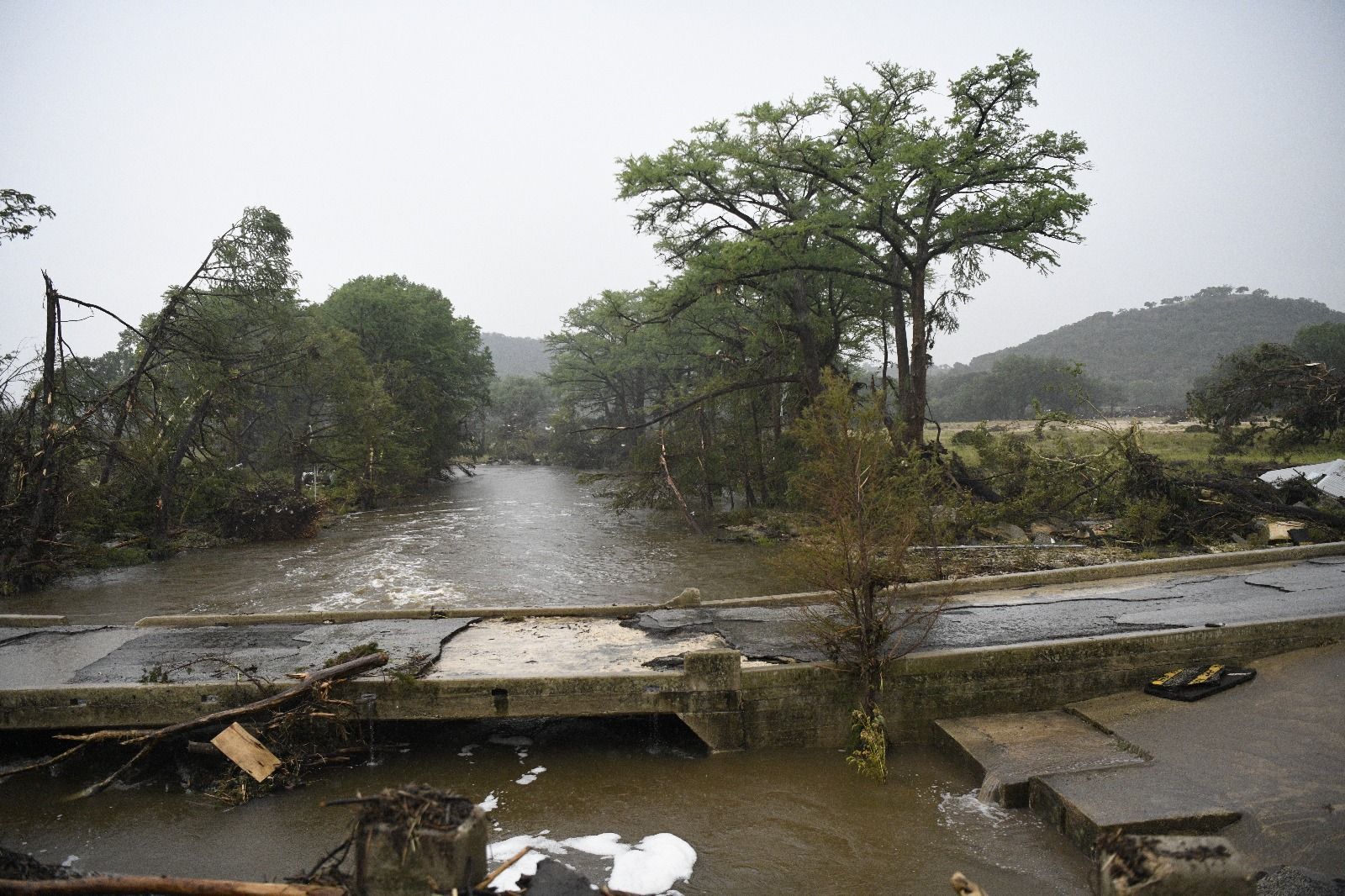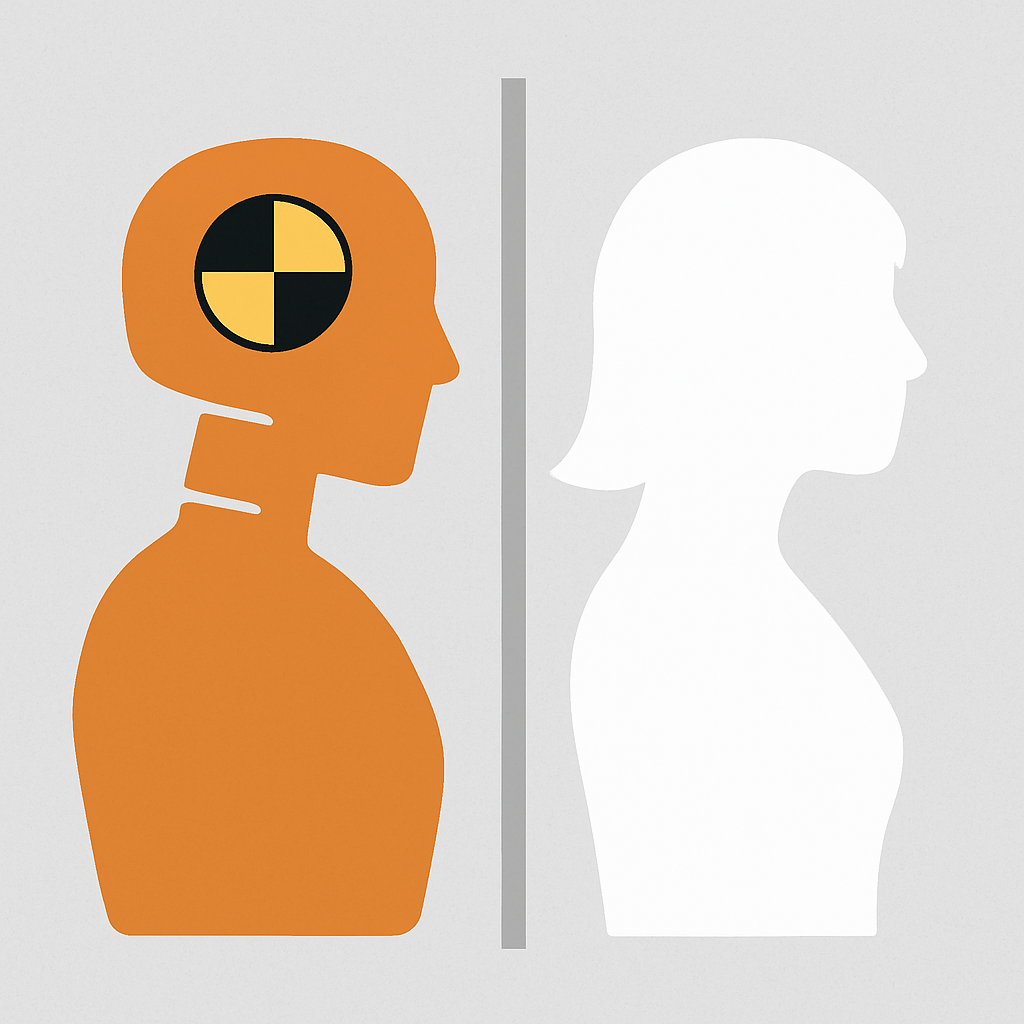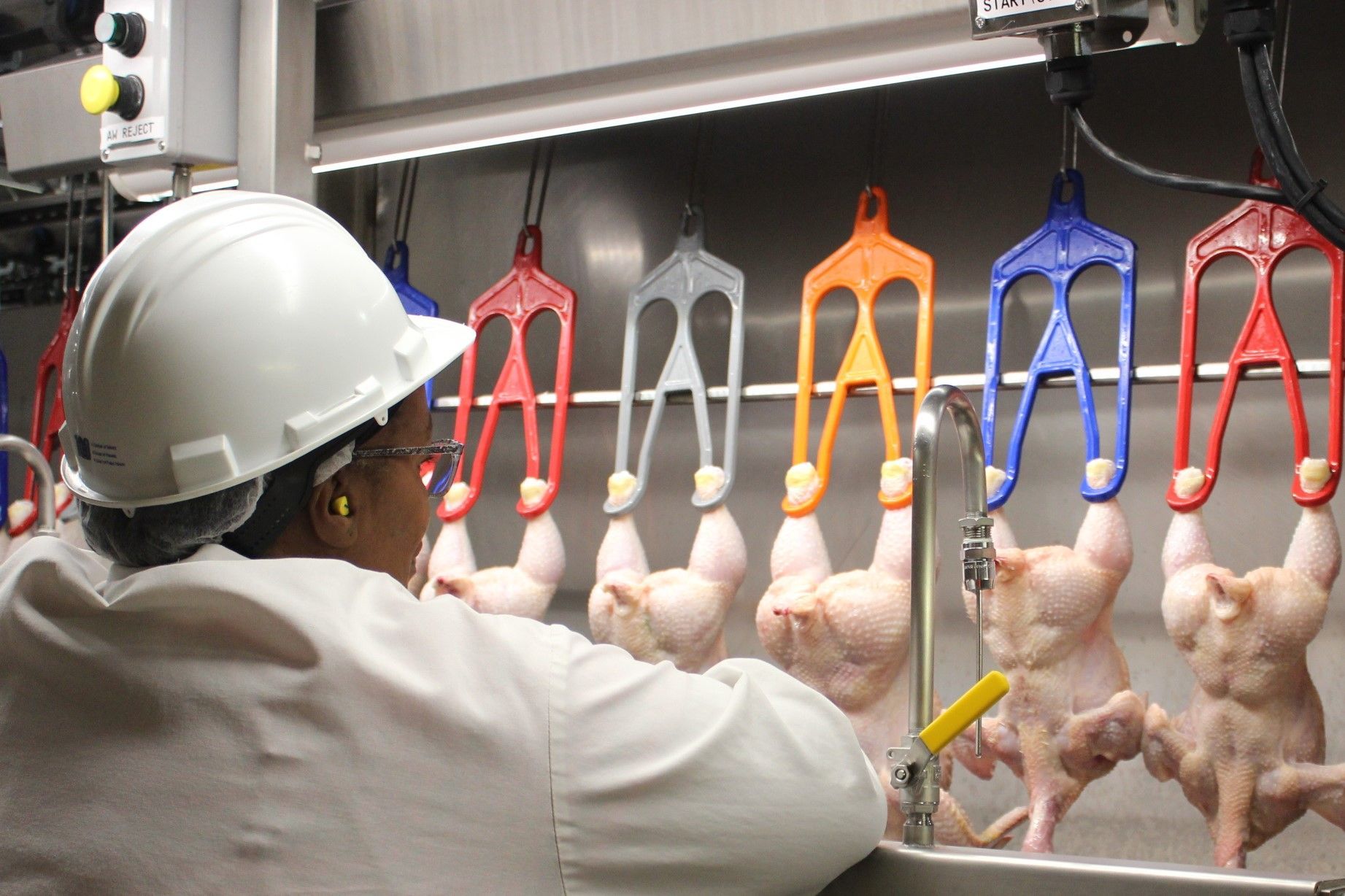WARNING: DON'T LET MONKEYPOX RUIN YOUR SUMMER
Monkeypox is a disease caused by the monkeypox virus (MPV) which resembles smallpox but is much less severe. It was first discovered in research monkeys in 1958 and in humans, in the Democratic Republic of the Congo in 1970. While the disease is endemic in Central and Western Africa, the first case was reported in the U.K. on May 7, 2022 and in the U.S. on May 18, 2022. As of July 26, 2022, 3591 cases in 46 states, Puerto Rico and Washington, D.C. have been diagnosed (according to the CDC), representing 19% of the 19,188 cases confirmed globally by the World Health Organization which has declared monkeypox a global health emergency of international concern. As of this writing, the Biden administration has not yet declared a health emergency for monkeypox in the U.S., instead opting for ramping up testing and vaccine distribution for those most at risk, typically those engaged in skin-to-skin contact. especially with those who are showing symptoms of monkeypox. However, as of this writing, New York Governor, Kathy Hochul, has declared monkey pox to be a health emergency in New York, hoping to ramp up efforts to provide needed vaccines to those at risk.
What are the symptoms? The CDC states that MPV begins with: fever, headache, muscle aches, backache, swollen lymph nodes chills or exhaustion. Rash or lesions will typically begin to appear in 1-3 days after the initial fever often beginning on the face and then spreading to other parts of the body. The incubation period lasts from 2-4 weeks and individuals remain infectious until lesions have completely healed and scabs have fallen off. While the current outbreak in the U.S. has high rates of known cases among gay and bisexual men and transgender and non-binary people, this virus is not limited by gender or sexuality and can spread to anyone, anywhere through close, personal, often skin-to-skin contact.
Monkeypox spreads through close contact, according to the CDC. That includes direct physical contact with lesions as well as "respiratory secretions" shared through face-to-face interaction, and touching objects that have been contaminated by monkeypox lesions or fluids. The virus may also pass to a fetus through the placenta. Again, anyone who has had contact with someone with a monkeypox-like rash, or who has had contact with someone who has a probable or confirmed case of monkeypox, is at high risk for infection.
Can we prevent monkeypox? The simple answer is yes, if we follow these steps:
1)
Avoid skin-to-skin contact, especially at events occurring in enclosed spaces where people can be expected to have minimal clothing.
2)
Avoid intimate activities, including sex, if you have flu-like symptoms or have developed any unusual rashes or lesions on your body.
3)
Engage in good hand washing (remember Covid!) especially after encountering a person with MPV.
4)
Wear a mask if you think you or someone with whom you are interacting has MPV. In situations with face-to-face contact, this can help prevent the spread of the virus through respiratory droplets.
5)
Quarantine yourself from others if you've become exposed to or infected with MPV, and avoid contact with those who have the infection. Remember that you or someone else can be infectious until all of the lesions have healed and all scabs have fallen off.
6)
Vaccines are available for those most at risk, and you should consult your healthcare provider if you believe you are at risk, have been exposed or have symptoms yourself.
The vaccine, Jynneos, is specifically intended for monkeypox, but it's in short supply. Federal stock is being distributed to municipalities based on the number of cases and the population at risk in a given area.
According to the US Department of Health and Human Services, more than 300,000 doses of Jynneos have been distributed from the strategic national stockpile.
The Biden administration has announced the release of a stock of Jynneos doses from Denmark, which it says should make an additional 786,000 doses available in the US. The government expects to make almost 2 million doses available this year and 2.2 million more in the first half of 2023.
Jynneos is a two-dose vaccine, with a four-week gap between doses. But in light of the shortages, some experts have called for a single-dose regimen until supply improves.
Monkeypox is a serious disease that should not be ignored, but if we follow the above steps, we should be in good position to avoid contact with it.
Check out my latest podcast "EXPOSED! An Exclusive Look Behind the Curtain of Corporate Greed"
Check out my book "Murder, Inc.: How Unregulated Industry Kills or Injures Thousands of Americans Every Year...And What You Can Do About It". Available in Hardcover, Paperback, Kindle & Audiobook on Amazon now.
